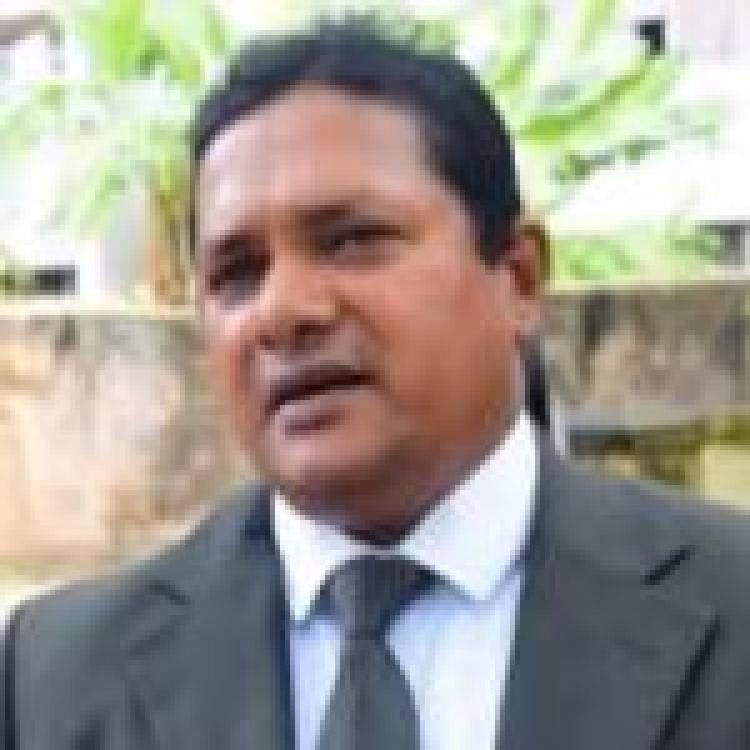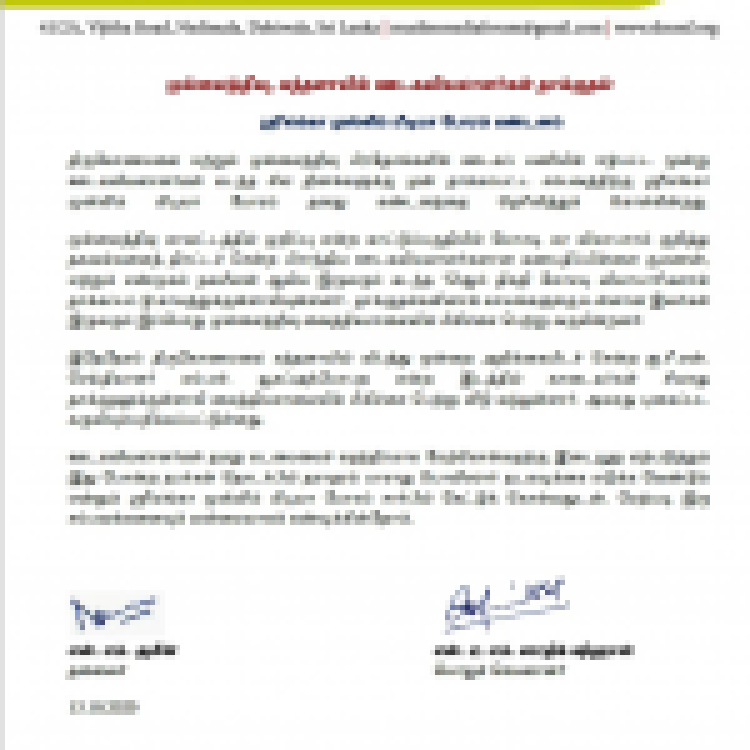“The Tamil media field was and continues to be the most frequent target of threats and killings in Sri Lanka”, the Jaffna Press Club (JPC) said last week. “But as Sri Lanka continues to be a state that fails to administer justice for crimes, accountability remains illusive.”
In a statement released on International Day to End Impunity for Crimes Against Journalists on November 2, JPC, a collective of journalists working across the North, pointed out that not a single crime against a journalist had been seen through to prosecution and justice in Sri Lanka.
JPC noted that the most advanced case, that into the disappearance of Sinhala cartoonist Prageeth Ekneligoda, was now at risk of being wrecked as the main suspect had claimed that his earlier testimony was obtained under duress.
“The current government was in power at a time when a large number of crimes were being committed against journalists. This situation has caused concern among the media community who are raising their voices for justice, as to whether fair investigations will take place,” the group said, adding that hundreds of Tamil journalists have been forced into exile; and noting also that the new media minister had undermined struggles for justice for the disappeared by speculating that the forcibly disappeared had probably fled overseas.
The passing of the 20th Amendment to the constitution, also raises the question of whether investigations into crimes against journalists will be conducted independently, JPC stated, highlighting:
“According to the 20th Amendment, the President has the power to appoint all High Court Judges and senior police officers in Sri Lanka. Will the police officers so appointed carry out unprecedented investigations into crimes against journalists, and will such judges be independent?”
JPC’s main demand on the day to end impunity was that international investigations must be carried out for crimes against journalists in Sri Lanka, regardless of who had been in power when the crimes were committed.


